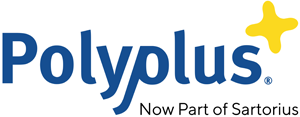Polyplus
1251 Ave of the Americas 3rd Fl
New YorK, NY 10020 US
New YorK, NY 10020 US

Company Overview
Polyplus SA is the leading biotechnology company that supports Gene and Cell therapy, biologics manufacturing and life science research with innovative nucleic acid transfection solutions. Polyplus strengths are 20 years of experience in manufacturing transfection solutions with tailored scientific and regulatory support to accelerate research. Based in the Science Park close to Strasbourg (France), Polyplus offers an extensive and growing range of transfection reagents available worldwide.
